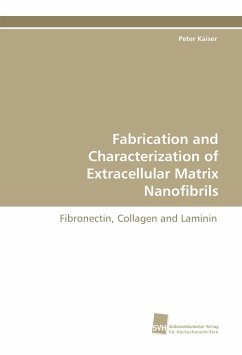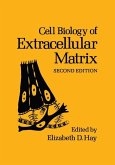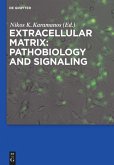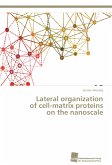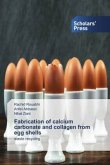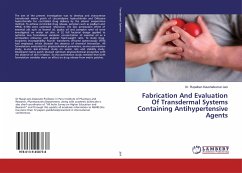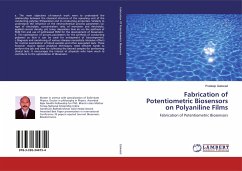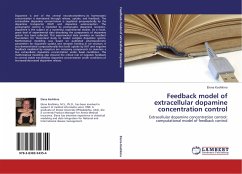A new method to create regular arrays of Fibronectin (Fn) nanofibrils was developed. This method allows the control of nanofibril directionality and diameter and can also be used to produce nanofibrils from other ECM proteins, such as Laminin (LM) and Collagen (COL). The biofunctionality of different ECM nanofibrillar arrays was demonstrated by specific cell adhesion after nanofibril transfer onto non-fouling polyethyleneglycol(PEG) hydrogels. An investigation of both the molecular structure and the mechanical properties of Fn nanofibrils was performed by Förster Resonance Energy Transfer (FRET) and Atomic Force Microscopy (AFM) experiments.

